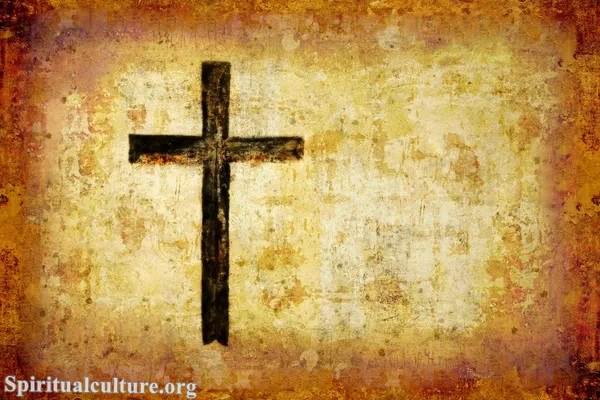They follow the teachings of the Bible and believe in the importance of personal faith and a personal relationship with God.
Protestants typically emphasize the authority of the Bible and the importance of individual interpretation of its teachings.
Protestantism includes many different denominations, such as Baptists, Methodists, Presbyterians, and Lutherans. Protestant denominations may have different traditions, practices, and beliefs. Still, they all have a common foundation in the teachings of the Protestant Reformation and a shared commitment to the centrality of Jesus Christ in their faith.

Some key beliefs and practices of Protestantism include:
- The belief is that salvation is achieved through faith in Jesus Christ rather than through good works or other means.
- The importance of individual interpretation of the Bible, with each person responsible for understanding and interpreting its teachings.
- The belief in the priesthood of all believers means that every individual has direct access to God through faith in Jesus Christ and does not need to go through a priest or other mediator.
- The practice of regular Bible study and prayer is a means of growing faith and understanding of God.
- The importance of evangelism, or sharing the message of Jesus Christ with others.
- The belief in the importance of the local church as a community of believers who come together to worship God, study the Bible, and serve others.
Protestant denominations may also have their unique traditions, practices, and beliefs. For example, some Protestant denominations strongly emphasize the sacraments of baptism and communion, while others may place less emphasis on these practices. Some Protestant denominations may also have specific beliefs about the nature of God or the role of women in the church that differ from those of other denominations.


